Passwordless Authentication
Eliminate weak passwords, reduce credential theft and strengthen security
Passwordless authentication offers users a way to verify themselves while not having to remember or manually type passwords. This provides stronger security and fewer breaches.
Passwordless Authentication and SSO (Single Sign On) Solutions with SafeNet Trusted Access and Authentication as a Service:
Learn more about Passwordless MFA and how SafeNet Trusted Access removes passwords from authentication flows, implements passwordless secure single sign on, and kicks in certificate-based authentication. Watch this Passwordless Authentication Solutions video:
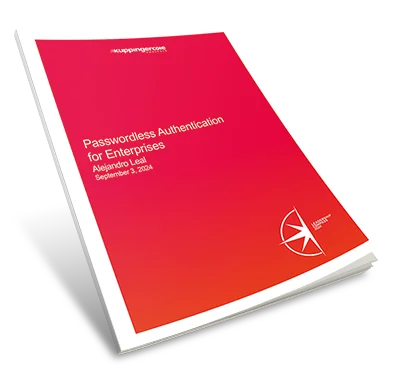
Explores the current landscape of enterprise-focused passwordless authentication technologies and guides businesses in selecting the most effective solution to meet their security needs.
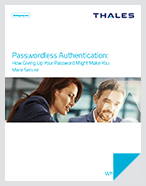
Passwords are one of the oldest security tools in the world of software and the internet. But in today’s environment, passwords cannot provide enough protection for businesses for several reasons.

How are you securing your cloud apps? Learn where you are in your cloud adoption journey and how best to secure your apps simply and securely.
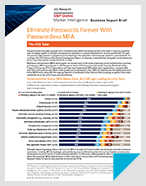
Passwords have long been a popular form of authentication within the enterprise. But in the realm of security, popularity does not always equate to strength. The security flaws inherent in passwords are manifesting in the rising tide of data breaches related to credential...
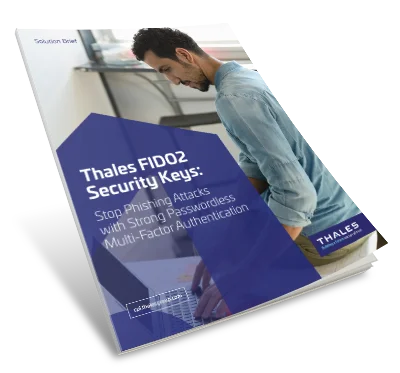
Organizations expanding their digital transformation are moving applications and data to the cloud to enable accessibility from anywhere and decrease operating costs. As users log in to an increasing number of cloud-based applications, weak passwords are emerging as the...
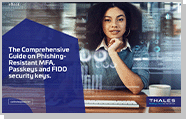
IT security professionals around the world agree that passwords are obsolete and should be considered as a relic of the past. And your organization may have replaced passwords with MFA. However, you discovered that during the past years that traditional MFA is not sufficient...